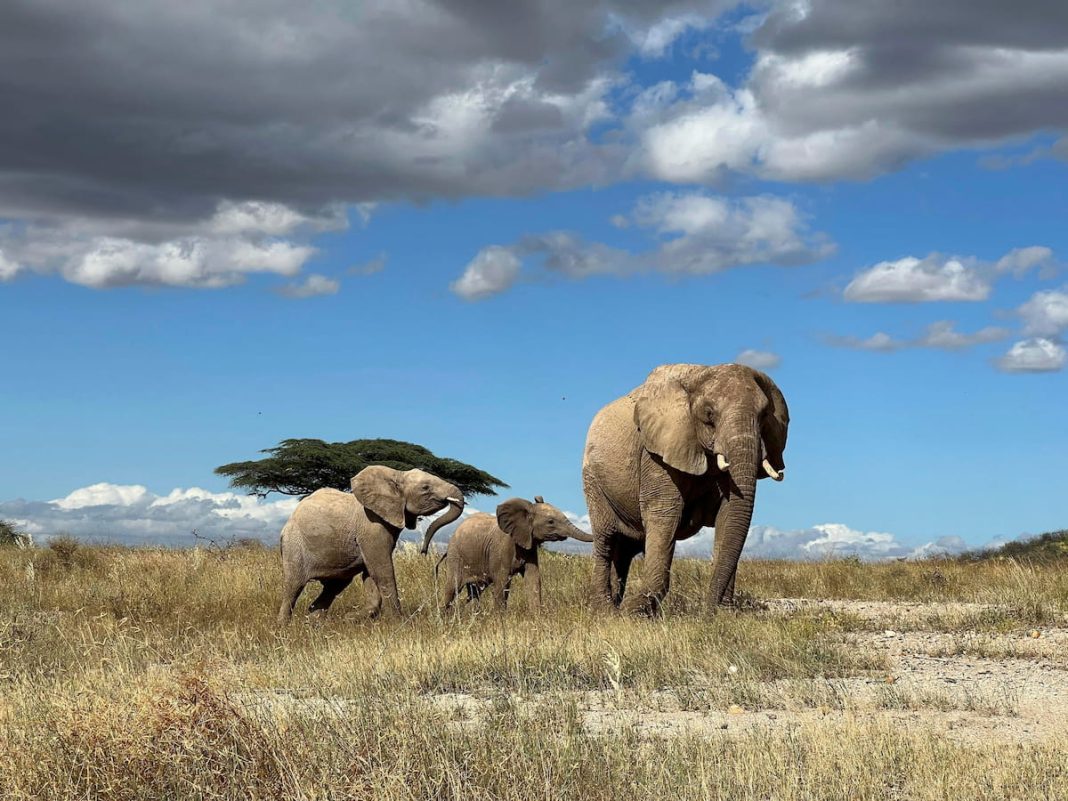African elephants call each other and respond to individual names in something that few wild animals do, according to research.
The names are one part of elephants’ low rumbles that they can hear over long distances across the savanna. Scientists believe that animals with complex social structures and family groups that separate and then reunite often may be more likely to use individual names.
“If you’re looking after a large family, you’ve got to be able to say, ‘Hey, Virginia, get over here!’,” said Duke University ecologist Stuart Pimm, who was not involved in the study.
It’s extremely rare for wild animals to call each other by unique names.
Humans have names, of course, and our dogs come when their names are called. Baby dolphins invent their own names, called signature whistles, and parrots may also use names.
Each of these naming species also possesses the ability to learn to pronounce unique new sounds throughout their lives, a rare talent that elephants also have.
For the study in Nature Ecology & Evolution, biologists used machine learning to detect the use of names in a sound library of savanna elephant vocalisations recorded at Kenya’s Samburu National Reserve and Amboseli National Park.
The researchers followed the elephants in jeeps to observe who called out and who appeared to respond. For example, if a mother called to a calf, or a matriarch called to a straggler who later rejoined the family group.
Analysing only the audio data, the computer model predicted which elephant was being addressed 28 per cent of the time, likely due to the inclusion of its name. When fed meaningless data, the model only accurately labeled 8 per cent of calls.
“Just like humans, elephants use names, but probably don’t use names in the majority of utterances, so we wouldn’t expect 100 per cent,” said study author and Cornell University biologist Mickey Pardo.
Elephant rumbles include sounds that are below the range of human hearing. The scientists still don’t know which part of the vocalisation is the name.
Researchers tested their results by playing recordings to individual elephants, who responded more energetically, ears flapping and trunk lifted, to recordings that contained their names. Sometimes elephants entirely ignored vocalisations addressed to others.
“Elephants are incredibly social, always talking and touching each other – this naming is probably one of the things that underpins their ability to communicate to individuals,” said co-author and Colorado State University ecologist George Wittemyer, who is also a scientific adviser for non-profit Save the Elephants.
“We just cracked open the door a bit to the elephant mind.”



